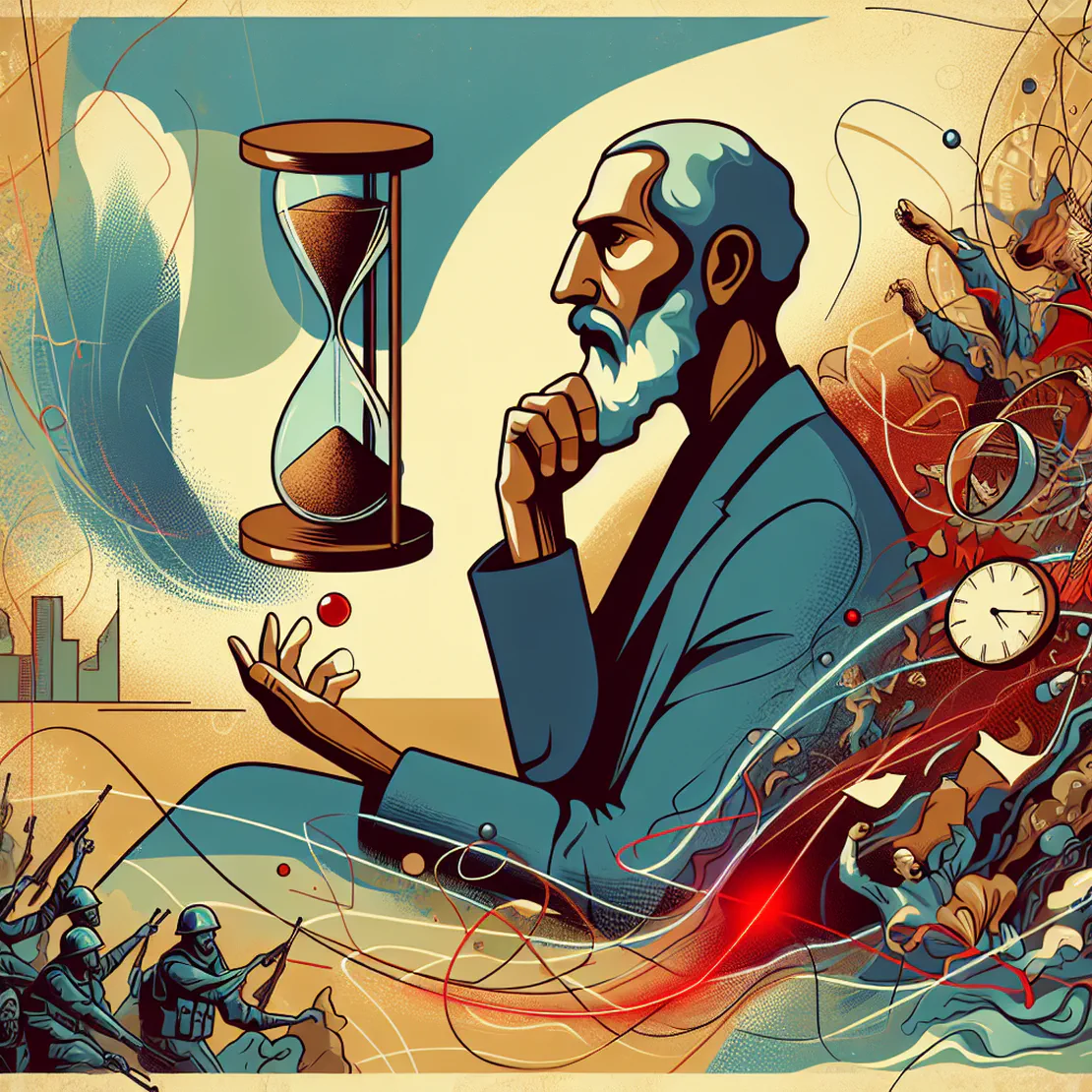
Rate Expectations
- Planet Money
- Unfortunately , You haven't provided the text for analysis. please upload the text document or paste the content here for evaluation.
- September 13, 2024
Table of Contents
At a Glance
-
Interest Rates Impact - “changes in interest rates can affect everything from the amount you earn in a savings account to the interest you pay on a credit card to the rate you get charged when you take out an auto loan.” This line captures the wide-reaching implications of Federal Reserve decisions on everyday financial activities.
-
Homeowner Anticipation - “there is one group of people in particular who have been waiting for the Fed to make a move more than anyone else. That would be homeowners.” This emphasizes the particular interest homeowners have in rate changes, highlighting the personal impact of macroeconomic policies.
-
Brenda Miller’s Housing Dilemma - “we are a family of five plus… a really large German shepherd, an elusive cat, and two frogs” This humorous yet relatable description puts a personal face on the housing squeeze and the concept of ‘golden handcuffs’ where low mortgage rates trap families in inadequate housing due to financial disincentives to move.
-
Golden Handcuffs - “Golden because this is a good problem, handcuffs because they are stuck.” This analogy humorously and effectively explains the dilemma of benefiting from low mortgage rates while being stuck in potentially unsuitable living conditions.
-
Economic Symposium at Jackson Hole - “this whole episode was reported the week of that Jackson Hole Symposium which meant that anyone who works at the Fed was very hard to get on the phone.” This point humorously highlights the challenges journalists face in gathering information during major economic events.
-
Fed’s Tool of Expectation Management - “the Fed has realized that just talking about changing interest rates can affect markets.” This insight into ‘open mouth operations’ reveals the strategic use of communication as a policy tool by the Federal Reserve, underscoring the power of words in economic policy.
-
The IORB Rate Explained - “The rate that’s worth focusing on is an interest rate that you and I will never have access to, Kenny. It is called the IORB.” This explanation demystifies a complex aspect of Federal Reserve operations, making it accessible and slightly humorous by acknowledging its exclusivity.
-
Rate Cut Mechanics - “Is there a person who presses a button and makes that change? Like, not really.” This curiosity about the technical aspect of how rate cuts are implemented adds a light, engaging element to the discussion of Federal Reserve processes.
What to Do
-
‘Monitor market conditions but manage expectations’ - Markets are influenced by numerous factors including federal decisions, and while important, focusing solely on this can cause unnecessary stress. Reacting to the anticipation of changes rather than actual changes may not always be beneficial.
-
‘Understand the impact of rate changes on mortgages’ - Knowing how federal rate changes trickle down can affect decisions on buying a home or refinancing mortgages, as these changes indirectly influence mortgage rates through market expectations.
-
‘Consider long-term financial planning over immediate gains’ - In the context of homeownership and mortgages, locking in a lower rate can be beneficial long-term even if short-term market movements seem tempting.
-
‘Be aware of the broader economic indicators’ - Job numbers and inflation are also critical in understanding economic conditions beyond just the interest rates, helping in making more informed financial decisions.
-
‘Adjust expectations based on market realities’ - Even if rates are cut, the actual impact on mortgage rates might be minimal if the cuts are already anticipated by the market, showing the importance of setting realistic expectations.
What to Get
-
Savings account - Financial service where money can be stored and accrues interest.
-
German shepherd - Breed of dog, often kept as a pet for companionship.
-
Credit card - Financial tool used for transactions, borrowing against a credit line.
Summary
In this engaging episode of Planet Money from NPR, the hosts delve into the intricacies of the Federal Reserve’s anticipated rate cuts and their potential impact on the housing market, particularly focusing on mortgage rates. The episode kicks off with the hosts discussing the buildup to a significant announcement from Jerome Powell, the chairman of the Federal Reserve, expected to lower interest rates. This sets the stage for a broader conversation about how such financial decisions ripple through the economy, affecting everything from personal savings to home loans.
A significant portion of the episode features a real-life scenario involving Brenda Miller, a homeowner in Los Angeles who is experiencing what’s known as “golden handcuffs.” Brenda secured an exceptionally low mortgage rate of 2.625% back in 2021, making it financially challenging for her to consider moving despite her growing family’s need for more space. This narrative is used to highlight a broader market phenomenon where homeowners are reluctant to move due to historically low rates they’ve locked in, thereby affecting the overall housing market liquidity and mobility.
The hosts also explore the concept of “locked-in” homeowners, like Professor Julia Fonseca, who discusses the broader implications of these low rates. Nearly 60% of borrowers have secured mortgage rates at or below 4%, leading to a significant portion of homeowners opting to stay put even if better job or family opportunities arise elsewhere. This situation contributes to a stagnating housing market where fewer homes are available for first-time buyers or those looking to move up the housing ladder.
The conversation shifts to a technical discussion on how rate cuts are implemented and their immediate effects on the economy. The hosts explain that when the Fed announces a rate cut, it doesn’t just affect direct consumer rates but also influences broader economic expectations and behaviors. For example, banks might change their lending behaviors, which can indirectly affect mortgage rates and investment attitudes.
Finally, the episode wraps up by underscoring the power of the Fed’s signaling, beyond the actual rate changes. By managing market expectations through public communications—a strategy referred to as “open mouth operations”—the Fed can effectively steer economic perceptions and actions even before formal policy adjustments are made.
Overall, this episode of Planet Money provides a nuanced understanding of how Federal Reserve policies are interconnected with personal financial decisions and broader economic movements, all woven together with real-life impacts and expert insights.


